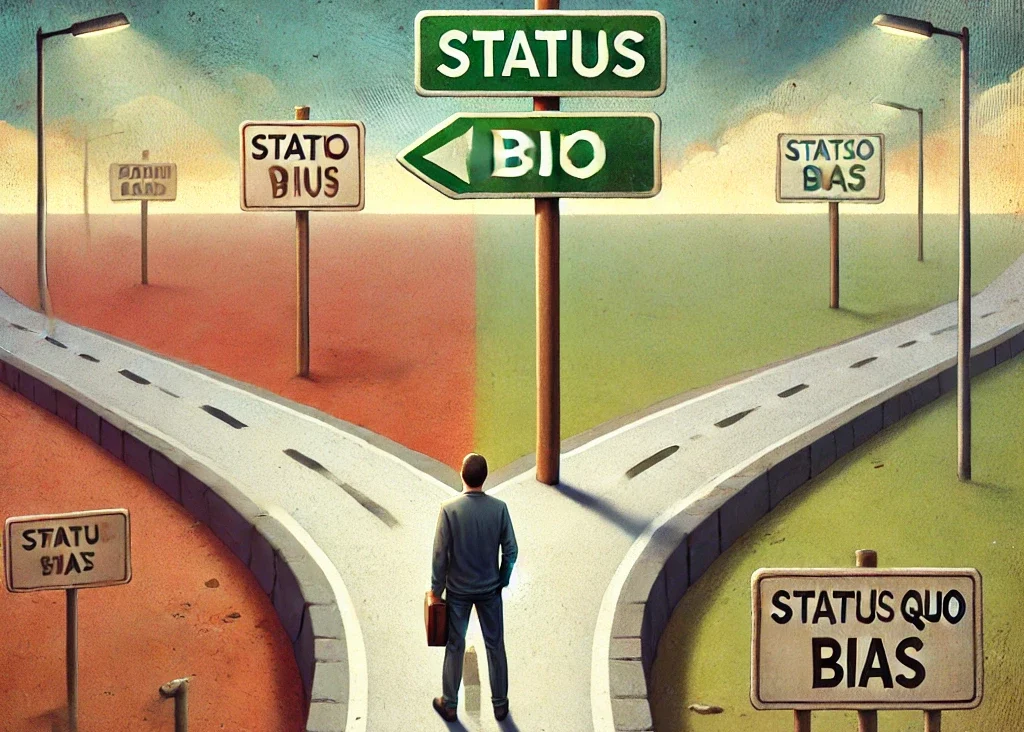
Have you ever looked back on your school days, a vacation, or even an old job with a warm smile — even though you were stressed or unhappy at the time? That’s not nostalgia lying to you — it’s your brain engaging in something psychologists call rosy retrospection.
Rosy retrospection is a cognitive bias that causes us to recall past experiences as being more positive than they actually were. It’s not that we’re deliberately rewriting history — our memory naturally favors the highlights, smooths over the rough edges, and leaves us with a more flattering version of events. This bias can make even mundane or difficult times seem golden in hindsight.
Psychologists Terence Mitchell and Leigh Thompson famously explored this phenomenon in the 1990s. In one study, participants were asked to rate their enjoyment of a trip before, during, and after it. Interestingly, their memories of the trip were far more favorable than their actual experiences in the moment. The anticipation beforehand was high, the moment-to-moment reality was often neutral or stressful, and the memory afterward became idealized.
Why does this happen? Emotion plays a big role. Our brains are wired to remember emotional peaks and the endings of experiences more than the full reality. It’s a psychological survival trick — if we remembered every uncomfortable detail, we might never want to try anything new again. Rosy retrospection helps us feel good about our past and motivates us to seek out future experiences.
While this can lead to some inaccurate memories, it’s not necessarily a bad thing. Rosy retrospection gives us a sense of meaning and optimism. But it’s worth being mindful of — especially when we idealize past situations and use them as a reason to resist change or growth. Sometimes, the “good old days” weren’t actually better — they were just better remembered.
RELATED POSTS
View all


